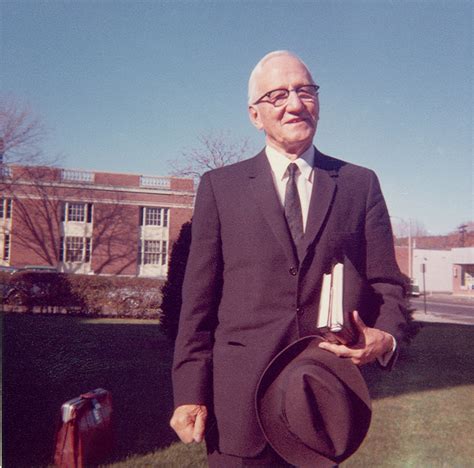A Quote by Timothy Keller
God's grace and forgiveness, while free to the recipient, are always costly for the giver.
Quote Topics
Related Quotes
Grace comes free of charge to people who do not deserve it and I am one of those people... Now I am trying in my own small way to pipe the tune of grace. I do so because I know, more surely than I know anything, that any pang of healing or forgiveness or goodness I have ever felt comes solely from the grace of God.
We live in a church culture that has a dangerous tendency to disconnect the grace of God from the glory of God. Our hearts resonate with the idea of enjoying God's grace. We bask in sermons, conferences, and books that exalt a grace centering on us. And while the wonder of grace is worthy of our attention, if that grace is disconnected from its purpose, the sad result is a self-centered Christianity that bypasses the heart of God.
Many years ago I was driven to the conclusion that the two major causes of most emotional problems among evangelical Christians are these: the failure to understand, receive, and live into God's unconditional grace and forgiveness; and the failure to give out that unconditional love, forgiveness, and grace to other peopleWe read, we hear, we believe a good theology of grace. But that's not the way we live. The good news of the Gospel of grace has not penetrated the level of our emotions.
There is a warning here for true pilgrims. Beware of the talker, but also be careful not to judge too quickly those whom God has blessed with both genuine grace and a fluency to speak of divine mercy in ways more eloquent than others. The proof is in the life-not a perfect life, but a life that both delights in divine truth and magnifies God, the only giver of the sovereign grace that always produces the truly fruitful, fragrant life.
The assurance of Heaven is never given to the person. And that's why at the core of the Christian faith is the grace of God. If there's one word I would grab from all of that, it's forgiveness - that you can be forgiven. I can be forgiven, and it is of the grace of God. But once you understand that, I think the ramifications are worldwide.






























